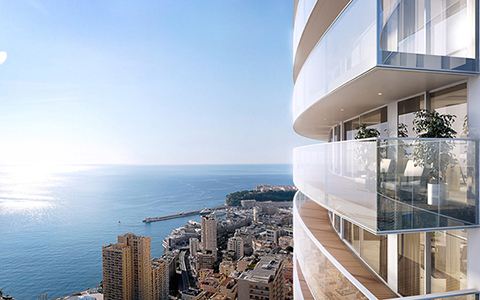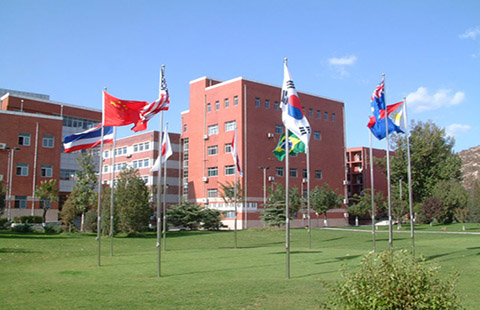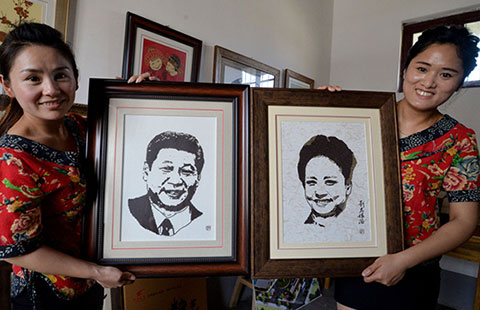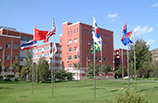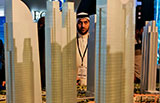Resurging interests in cycling
(China Daily) Updated: 2015-06-15 07:44Once the world's reigning bicycle kingdom, China is reclaiming its interest in the pedaling vehicle, a mode of transport that for decades was considered a tool used by the poor.
Since the beginning of the century, an emerging Chinese middle class has foregone the clean and energy-efficient vehicle in favor of automobiles, signaling the end of its status as a dominion of two wheels. At one point across China, there was one bicycle for every three inhabitants.
There is a resurgence of interest in bicycles in China, with 20 million cyclists logged in the country, according to a report released by the China Cycling Association, which organized the annual China International Bicycle Fair earlier in May in Shanghai
The four-day fair is much smaller in terms of scale, the numbers of exhibitors and attendees, compared with Shanghai International Automobile Industry Exhibition. The latter was held two weeks before the bicycle fair, attracting a total of 928,000 visitors within 10 days.
But organizers of the bicycle fair believe every participant of the automobile exhibition could be a potential visitor to a fair about "a much cleaner and more energy efficient transport", as Ma Zhongchao, chairman of China Cycle Association, put it.
Sang Kai, the owner of Club Garage, a bicycle club in Beijing, told China Daily that the new generation of cyclists, mostly recreational ones, is more generous and professional.
"It's just like the rise of golf or equestrian sports(played by the country's nouveau riche) years ago. But(cycling) is more about pure enjoyment, rather than showing off one's wealth," said Sang.
He estimated that the emerging recreational cyclist in Beijing is willing to splurge a minimum of 10,000 yuan($1,608) for a bicycle, while in Shanghai, where people are more generous, the budget could be even higher.
Observers began to notice resurging interest in bicycles in 2010. That year, 246 countries and international organizations took part in the six-month-long Expo 2010 Shanghai, which show cased multiple eco-friendly lifestyles, with bicycles replacing automobiles. The Denmark Pavilion shipped 200 of its bicycles for visitors to take a ride on its outdoor bicycle track that ringed the pavilion and to have a peek at "Dream City", the name of the pavilion.
The same year, Shanghai's once largest and most historical bicycle factory, Forever Bike, caused quite a splash by introducing a younger and much more fashionable line, Forever C bike collection. The 69-year-old company has manufactured a record high of 110 million bikes in total, contributing to more than one third of the bikes used in the country.
Its new brightly colored and vintage styled bikes are priced, for the first time in history, at more than 600 yuan. Within the first three days of its soft launch, 400 units were sold out.
The resumed interest in bicycles has given rise to more variety, and essentially investment. China's largest search engine, Baidu, and the country's leading smartphone designer and distributor, Xiaomi, have both put big money into the research and development of what they call "smart bike" since the end of last year.
- Cycling fans put sector on the road to recovery
- Indoor golf driving boom in the industry
- Value of stocks rises above $10t, margin debt reaches new record
- IMF team to assess yuan
- Top 10 luxury houses in the world
- Alibaba announces new deals in television, movie industries
- VW Finance China partners 5 major dealer groups
- China sees more firms established
